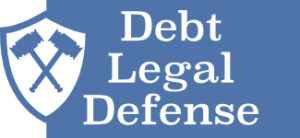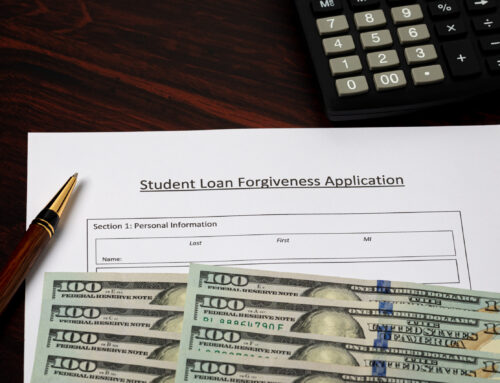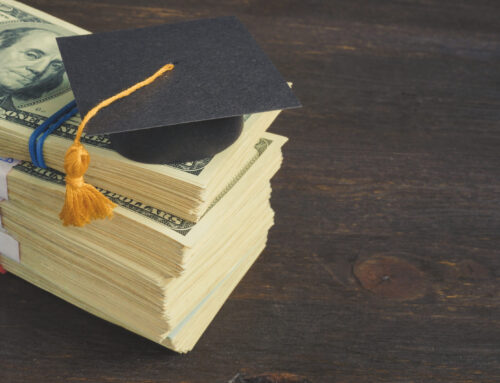
In July of 2021, students struggling to pay back private student loans were given a reprieve by the U.S. Federal Court, when it ruled that private student loans are not considered qualified higher education expenses. This effectively opened the door to discharge private student loans via bankruptcy. Here’s what to know about relief from private student loan debt obligations.
What are Private Student Loans?
Private student loans are loans that are granted by a private lender, rather than the federal government. Private student loans are provided by banks, credit unions, or online lenders. Private school loans are not subject to the same limit restrictions as federal loans. Instead, each lender sets its own limits for the amount of debt that a borrower may take on. Private student loans typically have a higher interest rate affixed, and loan terms may range from 5-to 15 years.
Discharging Private Student Loans With Bankruptcy
Before you decide to file bankruptcy, it is crucial that you meet with an experienced bankruptcy attorney to discuss your unique situation and the implications of filing either Chapter 7 bankruptcy or Chapter 13 bankruptcy. Discharging debt with a bankruptcy filing offers benefits such as:
- Elimination of some or all of your debt
- Stops harassing calls, emails, and mail from debt collectors
- Prevents collectors from garnishing your wages
- Preserves most or all of your belongings (car, house, etc.)
- Alleviates daily stress
- Provides an opportunity to begin rebuilding credit
Filing bankruptcy has its own drawbacks, which is why you need to carefully consider all options, and be sure to ask your attorney plenty of questions. In general, the potential negative impacts of filing for bankruptcy include:
- Lowers credit scores
- Remains a public record
- Remains on your credit report for up to ten years
- Not all individuals will qualify for complete debt discharge
- You may have to pay back some of your loans
- You may have to liquidate luxury items
What are the Steps of Filing Bankruptcy in Texas?
The bankruptcy process in Texas begins with meeting with an experienced bankruptcy attorney. You will disclose your debts, earnings, and all financial obligations. They can then advise you on whether you qualify for a Chapter 7 bankruptcy, a Chapter 13 bankruptcy, or if another solution is available. They will also help you complete your “means test.” You will then be required to obtain credit counseling from an accredited agency.
Next, your attorney will file your bankruptcy petition, and submit the required court forms on your behalf. As soon as your petition is filed, creditors must cease all collection activities. You will no longer be called, emailed, or otherwise contacted about debts. In addition, during this “automatic stay,” you will be protected from wage garnishment, foreclosure, repossession efforts, judgment collection, and lawsuits.
A bankruptcy trustee will then be assigned by the court. You’ll have to attend a scheduled meeting, sometimes called a “creditors meeting” or a “341 meeting”. Your attorney will prep you, and let you know what to expect. All of your creditors have the right to attend this meeting, though they frequently choose not to. You will be placed under oath and asked by your trustee to answer questions about the documents that have been filed. These meetings often last less than 15 minutes.
You will need to complete a financial management course during the process. These courses are online and can be completed at your convenience. However, you will not be eligible for a discharge of debt, until it is completed.
Once you’ve satisfied all requirements, your debts, including any private student loans will be discharged within a few months. You are then ready to begin rebuilding your credit.
Get Legal Help for Student Loan Debt in San Antonio
If you’re being crushed by debt, including debts for private student loans, contact Debt Legal Defense today at 210-468-1008, or request an appointment online.





